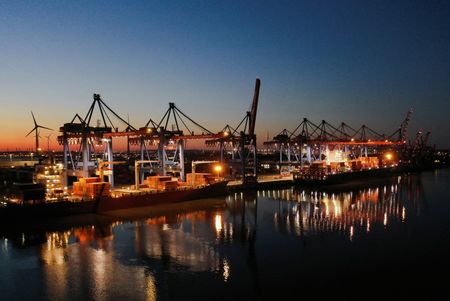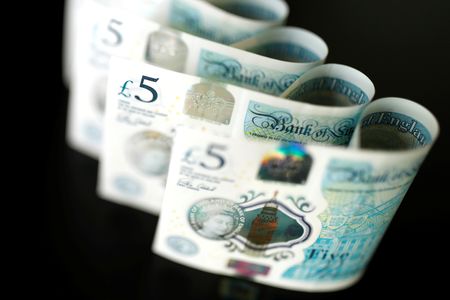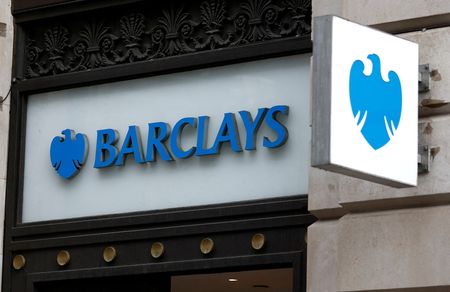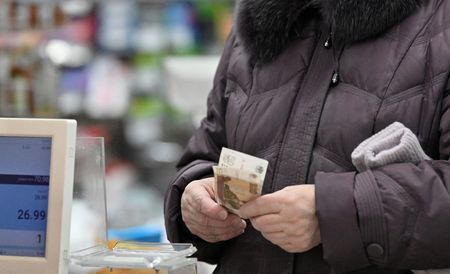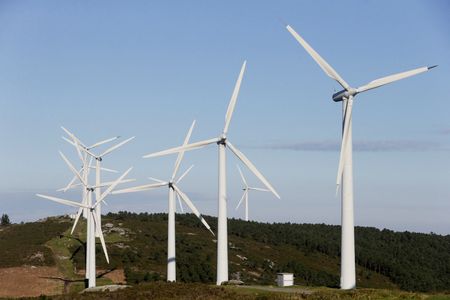By Maria Martinez
BERLIN (Reuters) -The German economy could suffer “a slight recession” in 2025, Bundesbank President Joachim Nagel told Reuters on Wednesday, contracting for a third consecutive year for the first time.
The German government has cut its economic forecast for this year and now foresees stagnation instead of 0.3% growth.
“It is not surprising that we now expect stagnation for this year, possibly even a slight recession,” Nagel said in an interview on the sidelines of the International Monetary Fund and World Bank spring meetings in Washington. “Overall, the uncertainty factors in the economy are very high, and this leads to this decline in growth.”
Germany, with its export-oriented economy, is highly vulnerable to the tariffs announced by U.S. President Donald Trump. The U.S. was Germany’s biggest trading partner in 2024, with two-way goods trade totalling 253 billion euros ($286.19 billion).
Nagel said the tariff-related impact on inflation is more of a factor in the U.S. than in Europe, where concern is focused on the economic stress caused by the duties.
He added that the German economic model based on exports and industry is shaking, with industrial production in decline since the end of 2017, but it has proven it can adapt to challenges.
“The German economic model is certainly not history,” Nagel said.
He also said the economic measures agreed by Germany’s incoming coalition government go in the right direction. “What matters now is that what was agreed upon in the coalition agreement is implemented quickly,” Nagel said.
He also reiterated that he expects euro zone inflation to stabilize at the European Central Bank’s 2% target over the course of this year, even when the level of uncertainty is extraordinarily high.
“I think central banks are used to a situation like this uncertainty. This is part of our business,” Nagel said. “Maybe it’s a little bit more compared to other periods, but I guess we can handle this.”
($1 = 0.8840 euros)
(Reporting by Maria Martinez; Editing by Paul Simao)


